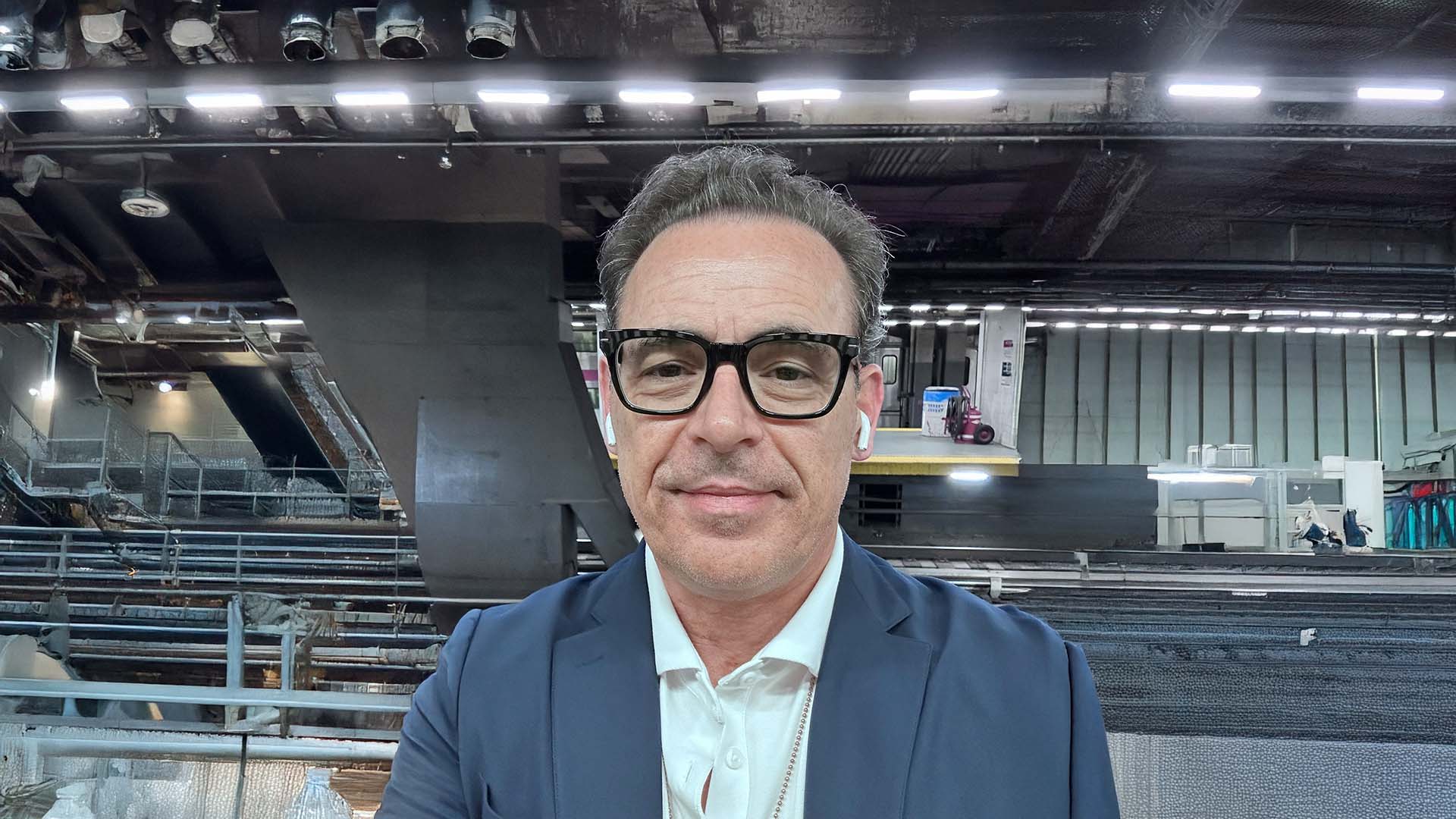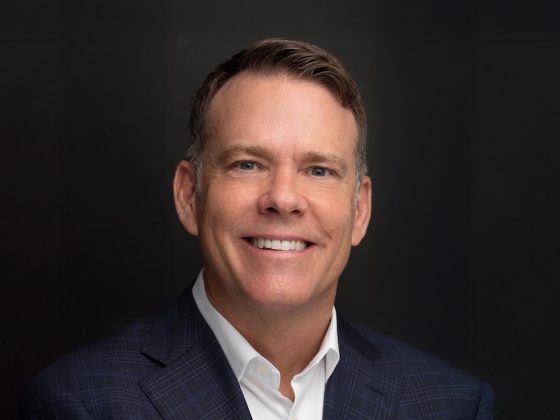Healthcare technology continues to evolve at breakneck speed, yet many organizations struggle to implement systems that truly improve patient outcomes. The gap between innovation and practical application remains wide, requiring leaders who understand both clinical medicine and technology infrastructure. Dr. Jason La Marca has spent his career bridging this divide, transforming how healthcare systems collect data and deliver care through strategic clinical informatics implementation.
From Computer Builder to Healthcare Innovator
Dr. Jason’s path into clinical informatics began with an unexpected hobby during medical school.
“My interests began long before this, but with respect to technology and building computers, that was one of my hobbies while I was in med school,” he explains.
This technical foundation proved invaluable when he joined Prime Healthcare, where leadership provided the autonomy to explore innovative solutions. Working alongside CIO Sreekant Gottimukkala, who became one of his closest friends, Dr. Jason found his niche in Electronic Health Record (EHR) systems. The timing was ideal, as healthcare organizations were beginning to face new mandates for digital record-keeping.
“EMRs were my specialty. Electronic Health Records became a requirement around 25 or so years ago and the field was evolving rapidly,” he notes.
Standardizing Through Rapid Expansion
Prime Healthcare’s rapid growth brought both challenges and opportunities.
“When I started, they had seven hospitals. When I left, we had 47 hospitals. And for outpatient environments, we had hundreds—three to four hundred,” Dr. Jason recalls.
This scale required innovative strategies to standardize operations across diverse healthcare settings. Prime’s focus on acquiring and revitalizing underperforming hospitals meant that systems had to be efficient, scalable, and cost-effective.
“We had to figure out ways to standardize processes. We also needed to use innovation where we could so that we could save money on manpower because that’s a very expensive resource, and also be more efficient,” he explains.
That experience solidified his understanding of how to implement technology effectively—and how poor implementation can cause more harm than good.
Using Data for Personalized Treatment
Dr. Jason’s philosophy in healthcare informatics is centered around deep, contextual data collection to enable personalized care.
“I want to know where you’re from, where your parents are from, what illnesses you’ve had, and what illnesses they’ve had,” he says, emphasizing the importance of understanding a patient’s full health story.
This level of detail supports what he calls precision medicine.
“We take this data and we can use it in order to target better therapies that were more effective in each demographic and geographic location. Now it starts to become precision medicine,” he explains.
Treating everyone the same, he warns, results in inferior care:
“We’re treating everybody crappy.”
Challenging Shallow AI Adoption
As Chief Medical Information Officer for a Southern California healthcare system, Dr. Jason approaches artificial intelligence with measured skepticism. He routinely challenges companies that pitch AI tools without a true understanding of clinical care.
“My initial question to them is always, what have you done in healthcare? Nothing yet. But here’s what our ideas are,” he shares.
He emphasizes the importance of understanding clinical workflows before building tech solutions.
“One of the classic rookie mistakes with these tech companies is they have an idea about a problem that they want to solve because somebody said something to them once. Then they go and they put in all this energy and effort… and then I tell them, look, it will never work.”
Despite his deep focus on technology, Dr. Jason’s ultimate goal is to restore what he sees as a missing element in modern medicine. He recalls his father, a surgeon, who would spend 90 minutes in surgical consultations.
“Today you’d never in a million years hear of anybody that did that. They look at the chart, two minutes later they’re saying, yeah, here’s what we’re going to do.”
That rushed approach, he says, leaves patients understandably anxious.
“It’s their body that’s getting cut, their body that’s losing something. It’s not so simple.”
He believes thoughtfully implemented technology can reverse that trend.
“The part that I hope we can give back is this additional time that allows doctors,(along with caregivers) and their patients to exchange thoughts and ideas and emotions.”
Dr. Jason’s work proves that healthcare technology doesn’t have to make medicine more impersonal. In fact, when done right, it can help restore the very human connection that defines great care.
Follow Dr. Jason La Marca on LinkedIn to learn how tech and care can coexist in modern healthcare.



